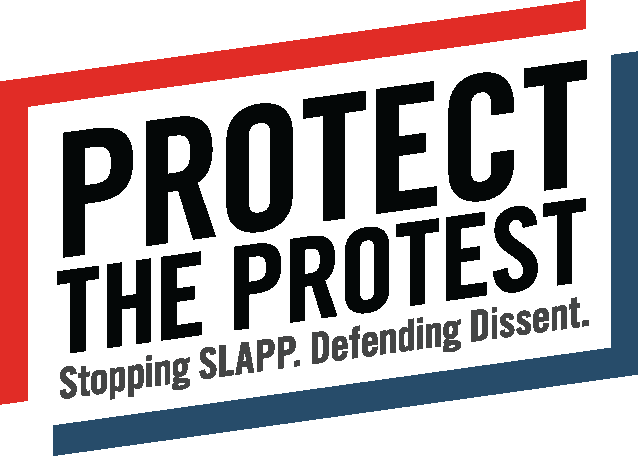Best Practices for Avoiding Publication Liability
Suppose you are campaigning on an important topic and want to publish a blog, tweet, article, video, or report that exposes the wrongdoing of a company or individual. What steps can you take to avoid publication liability?
The First Amendment Project has developed a Factsheet on Avoiding Publication Liability
The 12 best practices include:
Be scrupulously accurate. Choose your language carefully. Check and double-check all facts. Do not publish anything if you have doubts as to its truthfulness. If you make a mistake, correct it immediately.
Disclose all underlying facts, details and context. Avoid merely stating your conclusions. Include as much factual support for your conclusions as possible. Write persuasively, but provide enough information so that readers can draw their own conclusions.
Watch the hyperbole. Colorful rhetoric is acceptable. But it does attract litigation. Avoid using language that implies falsehood, or criminal motives or conduct.
Keep thorough records. Retain all notes of factual investigation so that if sued you will be able to prove that your statements are true or that, at least, you believed them to be true. Keep records of phone conversations and interviews.
Investigate your sources. Be satisfied that a source is reliable or seek corroborating evidence. You can be sued for defamation simply for republishing information originally published by another party.
Presenting a statement as an opinion is not magic protection. Calling something "your opinion" is not a get out of jail free card. If an opinion states or implies it is based on undisclosed "facts," those facts will be looked at for falsehood. Thus, it is important to disclose the facts that are the basis of opinion. This insures that no other "facts" are unintentionally implied, and allows the reader to draw her own conclusions.
If making accusations, be confident that they are correct. Otherwise, stay away from language implying crimes or legal fault. Accusing anyone of criminal activity, professional incompetence, or unethical or morally bankrupt behavior is especially dangerous; these are called "libel per se." Use such words with care.
Use caution when discussing a company's financial matters or other issues that would affect its stock price or ability to make money in the public market. Publishing false information regarding a company's financial health or best practices leaves you open to claims of libel; a company could sue for financial losses, regardless of whether it was really due to your publication.
Be careful when discussing a company's manufacturing or production process. Do not disclose trade secrets (that are secret). False information about business practices as well as products can be defamatory.
When naming an individual in association with a company, make sure that person is actually responsible for the company's acts. Target a person only if you know they are responsible. Make sure anyone you name is in fact part of the company and responsible for the acts or outcome charged.
Consider pre-publication review. Have a lawyer familiar with First Amendment issues review your publications and publicity campaigns before they are launched. Pre-publication review is a standard practice in journalism, especially when there are concerns about a specific story.
Copyright. Do not republish documents or images wholesale that are copyrighted or belong to others. Material found on the internet is not free or unprotected by copyright laws unless it is very old or is Creative Commons. If you think you have a good case for using the materials as comment, criticism or parody or other "fair use," consult a professional; don't rely on street wisdom.
